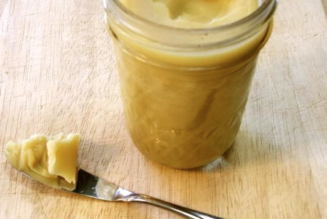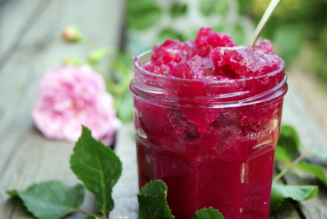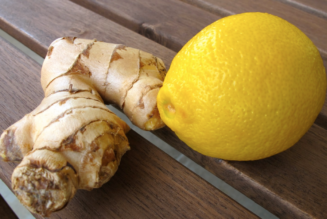Health Benefits Of Pomegranate
Revered since ancient times, this bright beautiful red fruit has become well known for its sweet astringent taste and healing properties. It also plays a role in myths and poetry! In fact, in one of the most popular Olympian telling of the story of Persephone, pomegranate seeds play an important role!
Premium Amla Berry
According to Ayurveda, amla is the best among rejuvenative herbs.
This is an excerpt of the story:
Zeus, the king of the gods, it is said, permitted Hades (god of the underworld), who was in love with the beautiful Persephone, to carry her off as her mother Demeter was not likely to allow her daughter to go down to Hades. Persephone was gathering flowers in a field when Hades came to abduct her, bursting through a cleft in the earth. Demeter, when she found her daughter had disappeared, searched for her all over the earth. In most versions she forbids the earth to produce, or she neglects the earth and in the depth of her despair she causes nothing to grow. Finally the sun, who sees everything, told Demeter what had happened and at length she discovered the place of Persephone’s abode. In the end, Zeus pressed by the cries of the hungry people and by the other deities, forced Hades to return Persephone. Hades complies but first tricks Persephone by giving her some pomegranate seeds to eat. Persephone was released, but because she had tasted food in the underworld, she was obliged to spend a third of each year (the winter months) there, and the remaining part of the year with the gods above.
The Health Benefits Of Pomegranates
Pomegranate has inspired many comparisons of beauty in texts and other legends. Yet as beautiful and delicious as this fruit is, its healing properties are even more so! It is particularly effective on the circulatory and reproductive systems as it is a well-known aphrodisiac that has hemostatic properties.
Organic Digest Tone (Triphala Plus)
Organic Digest Tone contains three elixirs in one compound, it is considered one of the most valuable herbal preparations in the world.
According to Āyurveda …
Pomegranate is known to be “Hita” हित
or that which is beneficial as it helps to balance & normalize dosha.
Synonyms for Pomegranate which helps to describe it’s characteristics are:
– Phalāmla [ फलाम्ल ] which is that having a sour taste
– Raktabeeja: that which has red seeds
– Dantabeeja: seeds are arranged like teeth
– Shukrapriya: tends to attracts birds
Generally Speaking:
In addition to being a tridoshic fruit, pomegranate also has fantastic antacid and carminative actions. Despite pitta being aggravated by the sour taste, generally speaking, pomegranate is an exception to the rule. It is also particularly useful in cases of digestive disorders with inflammation. The rind of the fruit should be avoided during pregnancy and pomegranate is not recommended in cases of constipation.
More specifically, Āyurveda explains that there are 3 main types of pomegranates:
– sweet pomegranates
– sweet & sour pomegranates
– sour pomegranates
Vīrya (वीर्य)
Power, Potency & Strength
Pomegranates are Anuṣṇa (अनुष्ण) or that which is neutral; being neither very heating or cooling.
However, with increasing sourness pomegranates tend to become more heating.
Vipāka (विपाक)
Refers to the taste/quality that emerges after digestion is complete.
Once pomegranates are completely digested, they have either:
– Sweet Vipāka — for the predominately sweet pomegranates
– Sour Vipāka — for the more predominately sour tasting pomegranates
Medicinal Actions:
– dīpana: increases digestive function
– tridoshaghna: helps to balance all three doshas
– atīsāraghna: helps to manage & treat diarrhea
– krmighna: helps to alleviate worms/parasites
– chardinigraha: antiemetic
– dāhanāśana: alleviates heat & burning sensation
– raktapitta: helps manage certain bleeding conditions
– tarpana: increases the sense of satisfaction
– hrdaya: heart tonic
– medhyavāha: increases intelligence
– śukrala: increases semen
Some indications, amongst others, include:
- Hyperacidity
- Inflamed stomach
- Inflamed intestines
- Dysentery
- Parasites
- Excessive, sharp appetite
- Bleeding
- Weak heart
- Leucorrhoea
- Prostate conditions
- Menopause
- Nervine debility
- And many others!
It is important to be aware of some of the contraindications of using pomegranate. It is advised against usage in pregnancy and other constipation as it has binding actions. Always seek a physician’s advice before undertaking herbal supplementation.
Usage
There are many combination compounds that involve pomegranate to address certain conditions. Some being:
- Pomegranate seeds or the juice with coriander and cumin for pitta digestion
- Pomegranate rind and juice with haritaki and amalaki for diarrhea and acidity
- Pomegranate rind with rhubarb root for tapeworm
- Pomegranate with shatavari for menopause
~Pomegranate Chutney Recipe~
A delicious and easy way to incorporate pomegranate with our daily meals is by using it in chutney. This recipe is simple yet divine!
Ingredients
- 4 teaspoons of dry pomegranate seeds
- ½ cup fresh cilantro
- ¼ cup of fresh mint leaves
- 1 teaspoon of lemon juice
- ¼ tsp fennel powder
- ¼ tsp cumin powder
- ½ onion chopped
- Salt to taste
- 4 tablespoons of water
- Sugar and/or chili powder to taste
Steps
- Wash the pomegranate seeds well.
- Add all the ingredients into a blender with a little water and blend until smooth
- Place into a container and enjoy!
- This chutney can be kept for up to 3-5 days in the fridge
- There are many variations that can be used according to one’s taste or preference. Different spices can be added or removed to create your own perfect pomegranate chutney!
- Also adjust the amount of water to create the desired texture of the chutney
References
- Lad, V. (1999). The complete book of Ayurvedic home remedies. New York: Three Rivers Press.
- Sharma, H. (2011). Ayurvedic Healing. Singing Dragon
- Lad, V. (2002). Textbook of Ayurveda. Albuquerque, N.M.: Ayurvedic Press.
- Lad, V., & Frawley, D. (1986). The yoga of herbs: An Ayurvedic guide to herbal medicine. Santa Fe, N.M.: Lotus Press.
- Pole, S. (2013). Ayurvedic medicine the principles of traditional practice. London: Singing Dragon.
- Green, J. (2000). The herbal medicine-makers’ handbook a home manual. Berkeley, Calif.: The Crossing Press.
Disclaimer
The sole purpose of these articles is to provide information about the tradition of ayurveda. This information is not intended for use in the diagnosis, treatment, cure or prevention of any disease. If you have any serious acute or chronic health concern, please consult a trained health professional who can fully assess your needs and address them effectively. If you are seeking the medical advice of a trained ayurvedic expert, call or e-mail us for the number of a physician in your area. Check with your doctor before taking herbs or using essential oils when pregnant or nursing.


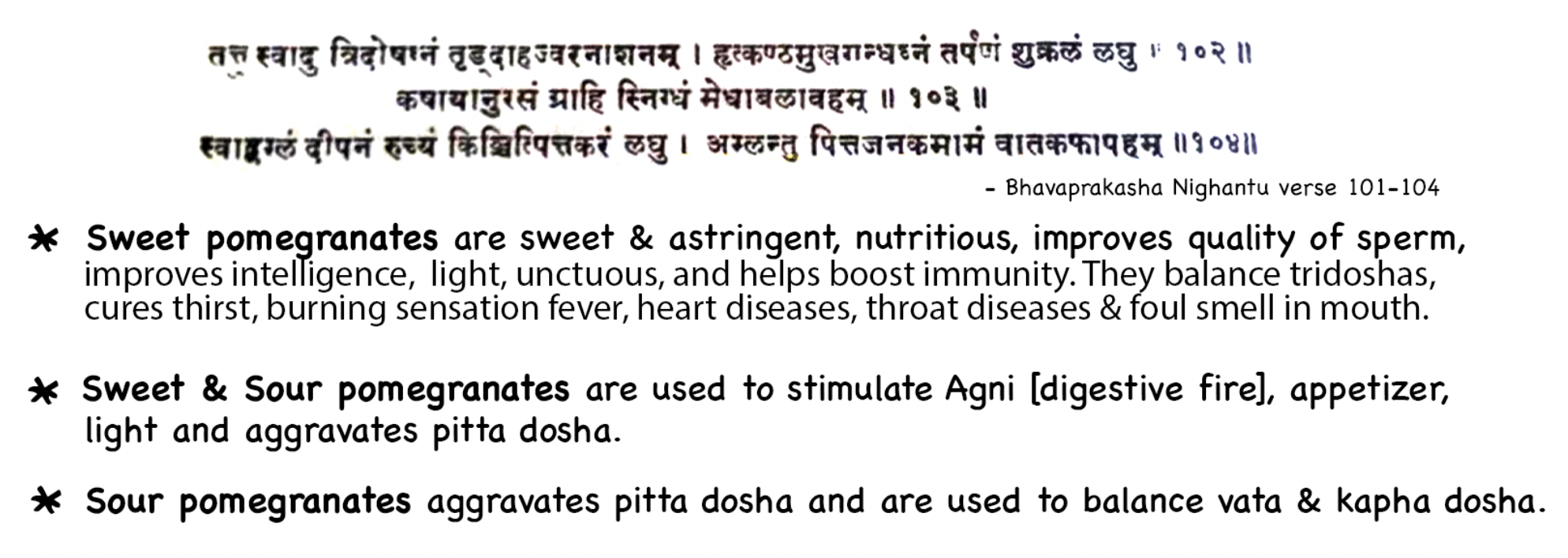
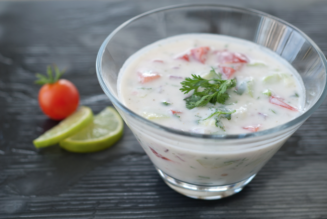

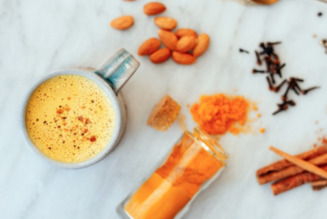
![Female Health: Amenorrhea [cessation of menses] – An Ayurvedic Perspective](https://healthyayurveda.com/wp-content/uploads/2015/07/1.-Amenorhea--327x219.png)

